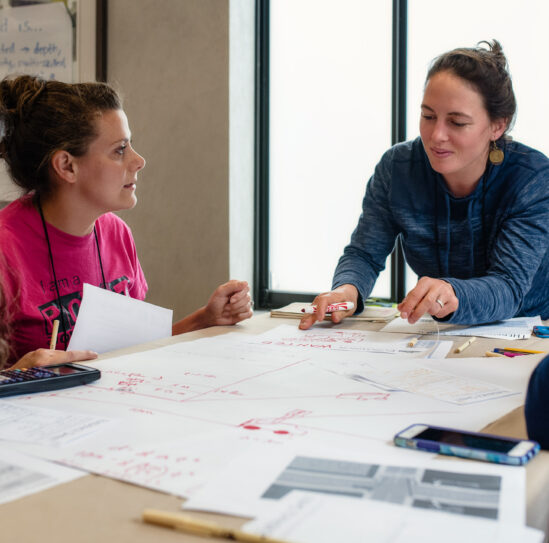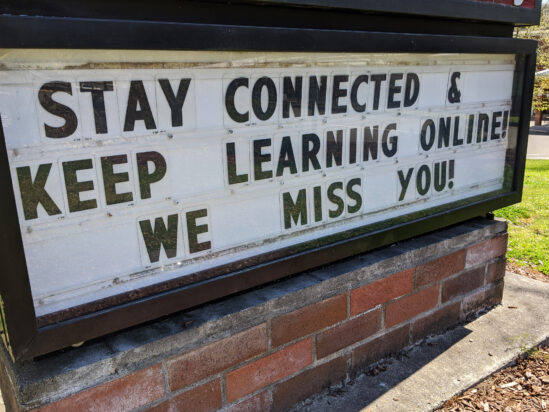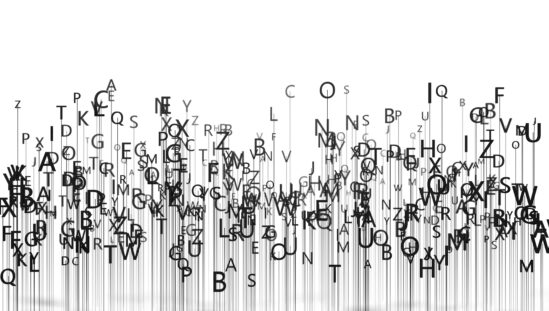About Kaleidoscope
Write With Us!
Kaleidoscope strives to provide readers and writers a public space for discourse and dialogue about the knowledge and expertise of teachers and the complexity of our profession.
We seek to publish educators’ stories of teaching and learning that are useful and compelling to secondary science and math teachers (this doesn’t necessarily mean the stories have to be directly about science or math teaching). You can browse our Style Guide for things to consider as you prepare your manuscript.
One thing that’s unique about our journal is that we provide writing coaching for our authors through our Peer Advising Program. Whether you’re just starting to explore a story important to you, or you’ve got a polished draft, we’ll work with you every step of the way through publication (or whatever your storytelling goals are)! Please complete our Storytelling Support Form to get paired up with an advisor.
What We Publish

Description of Practice
Description of Practice is an opportunity for you to share a different way of thinking about a topic or teaching practice. It is grounded in your own classroom or context and describes what you (or your students) did, what happened and your reasoning process throughout. It includes artifacts from your classroom or teaching experience that help others understand what you did or highlights the change in conventional practice.

Personal Reflections
Personal reflections explore and find meaning in a personal experience. This type of piece is highly introspective and retrospective — it tells the story of personal change, growth, or leadership. Readers will have a window into an experience different from their own. This piece may feel riskier to an author because of its personal nature, and as a result we strongly suggest working with a peer advisor to craft a piece that will be evocative for others.

Commentaries
Commentaries explore new viewpoints or controversial issues and take a stance, usually from a personal perspective. These are often created for a more general audience than other genres we publish, but authors must address themes of teaching, learning, and/or professional identity in these pieces. These can closely resemble op-eds and may include short paragraphs, memorable language or taglines, and use a narrative style that doesn’t rely on section headings or figures.

Professional Development Reviews
Professional development (PD) reviews are a venue to share teacher learning experiences we’ve had and to explain the impact they’ve had on our practice. Consider creating a PD Review with a partner or group of people who shared the experience with you. PD Reviews should clearly describe your teaching contexts and be told from your personal perspectives. Describe the PD by giving logistical information, but we are particularly interested in your specific experience of it and your personal learning. Make sure to address what happened after the PD for you in your classroom – what changed (or didn’t)? It’s better to wait to write a PD review – 6 months, a year, more. Finally, give some advice on who would benefit from the PD.

Inquiries into Teaching
Inquiries into teaching are structured reflections on how an author’s stance has shifted after looking at qualitative or quantitative data. They introduce a guided question (which could be about teaching or one’s community), describe methodology, analyze data, and include conclusions or future directions. In presenting their work in this format, authors may unpack assumptions, gather fresh insight, and/or describe a chain of events and data that led to their learning. We expect authors to embed their findings in current professional knowledge by referencing relevant research where appropriate [we can help!], using subheadings to structure the text, and including teaching-specific vocabulary. The piece can end at any point of the inquiry cycle.

Poetry
Poetry is a flexible, personal genre which can give you a space to share your thoughts and feelings on the complexities of life as a teacher. Teacher poems do not have to rhyme (although they can!), nor are they required to take a prescribed form like a sonnet or villanelle. Poems can be written, read aloud, or both. The poems we are looking for use vivid imagery and description to draw us into the sights & sounds of your classroom or your reflective feelings about teaching; they engage our hearts as well as our minds and simmer with your unique lived experience.